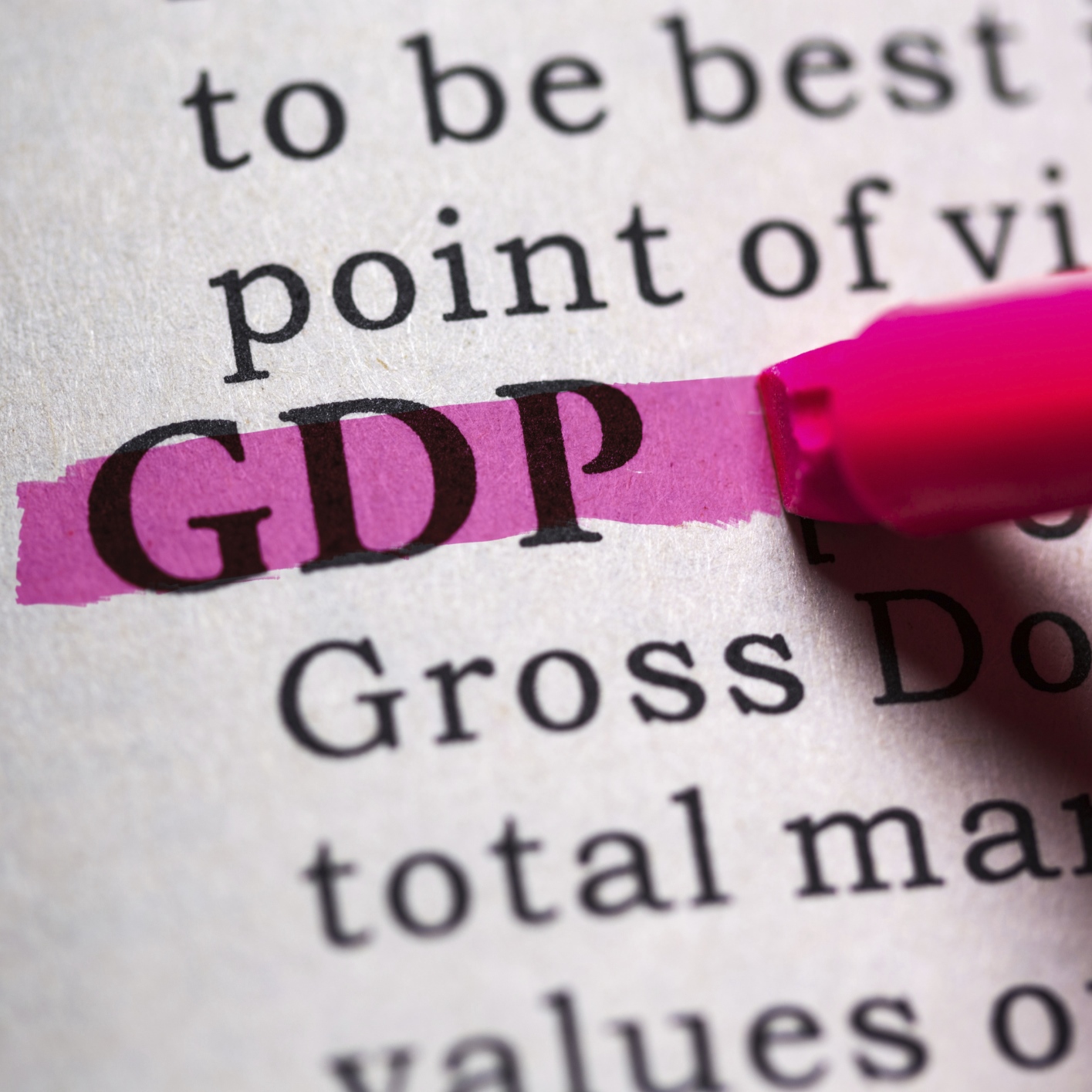Economy
Fitch Trims US GDP Expectations for 2016, Raises China GDP View

Published:
Last Updated:

Throughout the first quarter of this year, particularly the first six weeks when markets were in free fall, it was more than common for global organizations, analysts and economists to issue lower growth expectations for 2016. Some even lowered growth expectations for 2017.
Now we are in the second quarter. The stock market has come roaring back. Economic readings look more mixed than always being negative. And the Federal Reserve officials keep talking up the notion that it is now safe to raise interest rates again.
Fitch Ratings has issued its latest Global Economic Outlook. Unfortunately, that outlook is calling weaker growth in gross domestic product (GDP) for the United States in 2016.
One driving force is weakness in emerging markets, followed by adjustments to energy sector spending. Fitch lowered its forecast for U.S. private investment growth, and it now projects 2016 GDP growing by only 1.8% in 2016. This would mark the first reading of less than 2% GDP growth since 2013.
Fitch’s forecast for the eurozone for 2016 has been revised up by 0.1% to 1.6% GDP growth. Forecasts for the United Kingdom went the other way, down 0.2% to 1.9% for 2016 GDP growth, reflecting the impact of uncertainty ahead of the Brexit referendum.
While so much negativity had been out there in the first quarter of this year, on China, Fitch has decided that maybe things were not so bad. Growth expectations for China were revised to 6.3% in 2016 and 2017 from 6.2% for 2016 and 6.0% for 2017. Fitch cited earlier policy stimulus gaining traction in China, as well as a commitment to stabilizing near-term growth.
Brian Coulton, Fitch’s chief economist, said:
The near-term threat to emerging market growth has eased, due to a more assertive stimulus policy in China and the stabilisation of commodity prices.
It’s unlikely that US consumer spending will be immune to the slowdown in the industrial sector. Nevertheless we don’t see evidence of domestic private sector imbalances in the US that would push the economy into a deeper adjustment.
We don’t see any major reversal in accommodative policies in China soon, even if this contributes to further increases in leverage and slow progress on capacity reduction.
There are of course some caveats here. An intensification of external shocks was represented as a threat to the economy, but Fitch actually thinks the near-term emerging market growth picture is looking a little bit better.
On the positive side, Fitch said that a weakening in the U.S. dollar since late 2015 also has helped ease pressure on emerging market borrowers and currencies. That being said, there is a risk that dollar could regain strength as the Fed looks to resume interest rate increases in the second half of this year.
The average American spends $17,274 on debit cards a year, and it’s a HUGE mistake. First, debit cards don’t have the same fraud protections as credit cards. Once your money is gone, it’s gone. But more importantly you can actually get something back from this spending every time you swipe.
Issuers are handing out wild bonuses right now. With some you can earn up to 5% back on every purchase. That’s like getting a 5% discount on everything you buy!
Our top pick is kind of hard to imagine. Not only does it pay up to 5% back, it also includes a $200 cash back reward in the first six months, a 0% intro APR, and…. $0 annual fee. It’s quite literally free money for any one that uses a card regularly. Click here to learn more!
Flywheel Publishing has partnered with CardRatings to provide coverage of credit card products. Flywheel Publishing and CardRatings may receive a commission from card issuers.
Thank you for reading! Have some feedback for us?
Contact the 24/7 Wall St. editorial team.